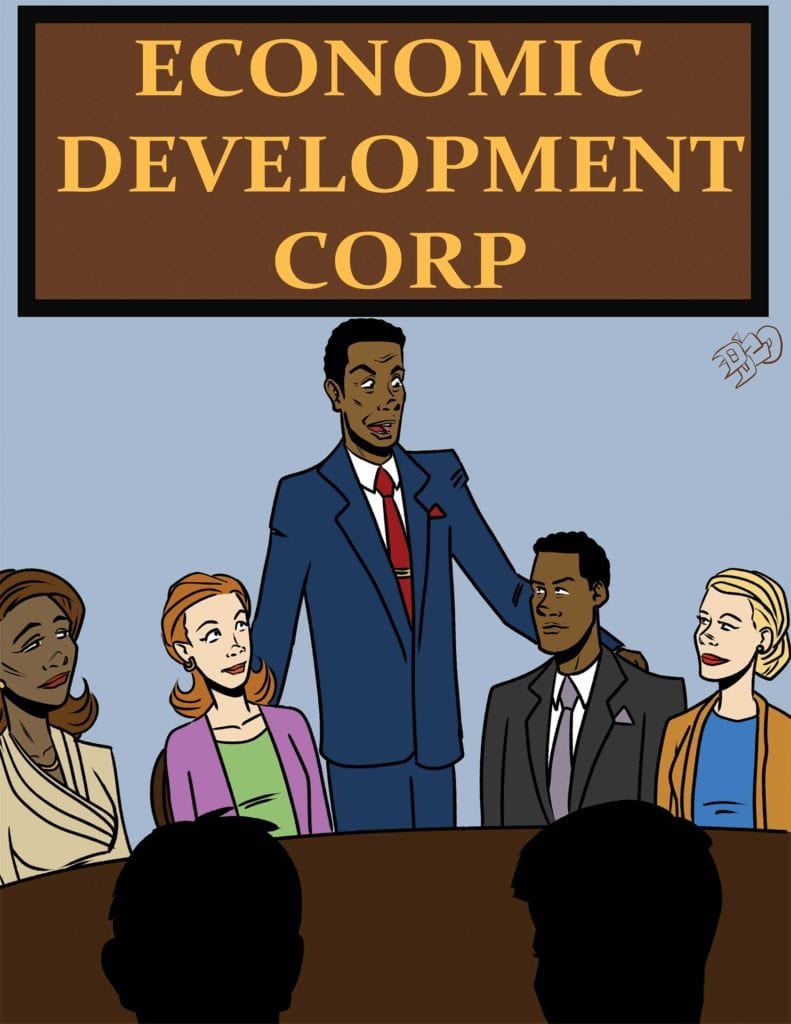
Economic progress has come painfully slow for Blacks. As expected, the media have blamed Black reticence or incompetence. Racial discrimination is not ordinarily cited as the cause. However, one can hardly believe that a well-managed Black business in the South would be permitted to cause a white competitor to fail. At any rate, everyone agrees that this year — 2020 — has been challenging for everyone.
One way to assess economic development is to review the growth of professional sports, many of which are now multimillion-dollar businesses. Because of their athleticism, Blacks have always been competitive participants in sporting events. Thoroughbred horse racing became popular, and the Kentucky Derby was initiated at Churchill Downs in 1875. In that inaugural race, 14 of the 15 jockeys were Black. Isaac Murphy won and became recognized as the greatest Black jockey.
With the establishment of pari-mutuel betting and a system that enabled winning jockeys to earn a percentage of the purse, Black riders were able to generate substantial incomes. So the Jockey Club was formed in 1894 with the authority to license riders, and Black jockeys were no longer granted the right to ride in major races. With this policy, whites did not have to acknowledge that Black jockeys were the best riders. And even more important than that, Blacks were prevented from generating substantial incomes.
The significance of this latter point should not be overlooked. In 1920, whites in Tulsa, Oklahoma destroyed the Greenwood section of town, an area with substantial commercial and residential development by Blacks. Analysts of the event assert that whites were simply envious of the Black success.
A similar attitude kept Blacks out of Major League Baseball. Just like other Americans, Blacks loved baseball. No Blacks played on major teams until Jackie Robinson was signed by the Brooklyn Dodgers in 1947. Black teams and Black leagues were formed from 1920 until 1948. However, under Baseball Commissioner Kenesaw Mountain Landis (1920-1944), no white team was permitted to play a Black team in the offseason. Losses by white teams indicated that the general public was not being exposed to the best of baseball.
This regulation killed the Black teams and the Black leagues as financially viable institutions. Major League Baseball has recently announced the intention of evaluating the performance of Black players to include star players in the official baseball records. But no Black baseball entrepreneurs will be compensated for their losses inflicted because of racist policies.
Even before Black baseball became an issue, Black residents of Nova Scotia had formed an ice hockey league in 1895. There were ultimately about 12 teams located in Nova Scotia, New Brunswick and Prince Edward Island until the league disbanded in 1930. However, the explosion of a munitions ship in Halifax Harbour in 1917 demolished the Black community in the Africville section of Halifax and the league began to dissipate. Willie O’Ree became the first Black player in the National Hockey League when he became a winger for the Boston Bruins in 1957.
Most of the Black baseball teams were in the South where they could find a substantial audience. Black hockey teams came down from Canada to play before primarily white audiences that were less than appreciative. There was little expectation for Blacks to become owners of hockey teams. However, with about 70% of the NFL players being Black, the inability to attain substantial Black investment in professional football teams indicates the difficulties entrepreneurs will have as participants in promising business deals.
Winning in business is similar to winning in sports. You have to develop a well-conceived strategy and you have to have the most talented team.






